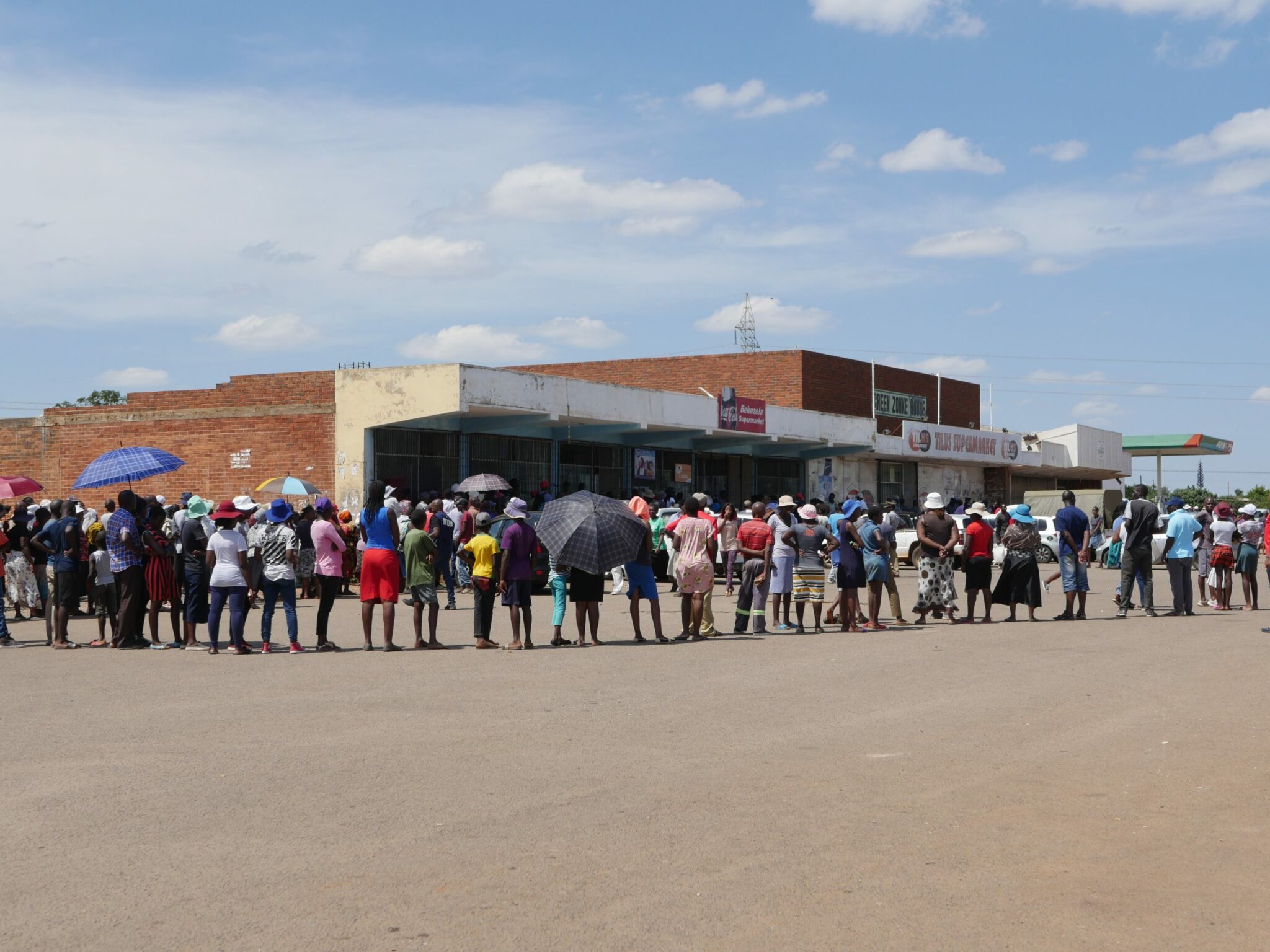Ten days into the 21-day national lockdown aimed at containing the spread of Coronavirus Disease (COVID-19) in the country, a number of people in Bulawayo still cannot remain indoors.
This is despite nearly 2 000 people having been arrested for defying lockdown orders.
Zimbabwe has so far recorded 11 confirmed cases and two deaths of the deadly pandemic which has claimed thousands globally.
The 21-day lockdown declared late last month by President Emmerson Mnangagwa came into effect on March 30 and is set to expire on April 19.
As part of the lockdown stringent regulations, public transport with the exception of the government-run ZUPCO remains suspended.
Supermarkets open until 3pm to allow citizens to buy food.
Only individuals working for companies and organisations providing essential services are allowed to go to work using ZUPCO buses.
While police with the help of the military regulate people who get into the central business district (CBD), to ensure that those without valid reasons for travelling are turned back home, in the residential areas residents move around as they please.
CITE on Wednesday witnessed residents in suburbs such as Emganwini, Nketa and Nkulumane queuing for maize meal just like on any other normal day.
Some people are also reportedly taking advantage of the lockdown to visit their neighbours and friends as they cannot cope with remaining home.
“Remaining at home is difficult,” said Sipho Nyoni, a Bulawayo resident.
He explained that people’s livelihoods had been disturbed by the lockdown.
“With an economy that was already reeling even before COVID-19, it will be very tough for people to survive the 21-day lockdown,” Nyoni said.
Social commentator, Methuseli Moyo, said the obtaining economic situation in the country was making it rather harder if not impossible for people to remain in one place.
“People are not used to ‘house arrest’; so it’s difficult for them,” said Moyo.
“Secondly, people do not have enough provisions so they are forced to go out in search of mainly maize meal and other basics. Very few people have enough money to sustain families for days without having to hustle.”
Moyo added: “People have no money so they move out to try this and that. Also, people believe Corona is remote, and therefore not yet in their localities and are taking chances.”

